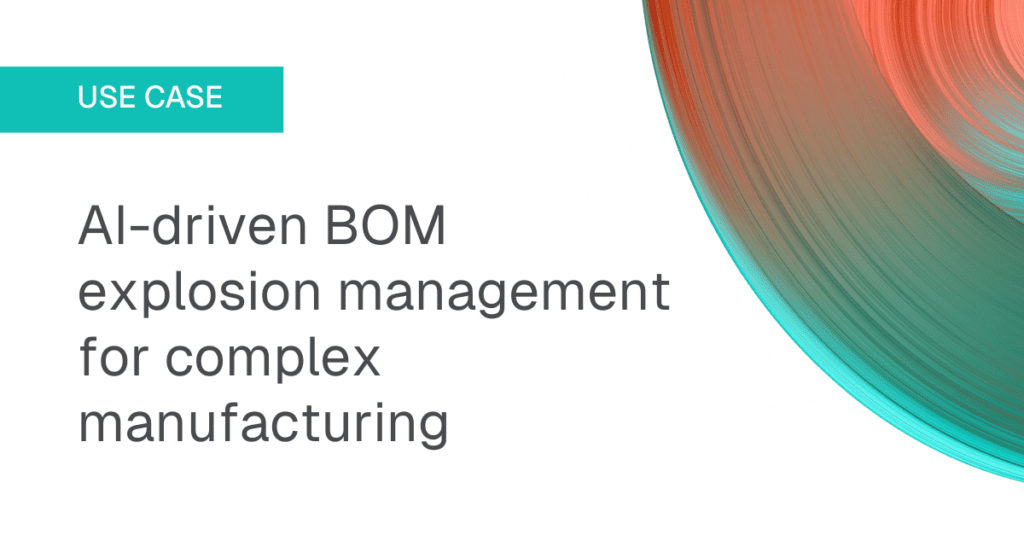Back to Press
Introducing GRPO Fine-Tuning in SeekrFlow: Elevating Your Models from Knowledge to Reasoning

Today, we’re launching Group Relative Policy Optimization (GRPO) Fine-Tuning in SeekrFlow, a powerful new feature designed to unlock reasoning capabilities in your Large Language Models (LLMs). This method of fine-tuning transforms models from passive information retrievers into active problem-solvers, capable of navigating complex tasks with precision and reliability.
While traditional fine-tuning has been effective for adapting models to specific data, styles, and domains, many enterprise tasks demand deeper reasoning. GRPO Fine-Tuning enables your models to explore different approaches, learn from outcomes, and continuously improve their decision-making, making it possible to tackle high-stakes, logic-driven use cases with confidence.
Teach your models to solve, not just generate
GRPO Fine-Tuning helps models learn by exploring different strategies and learning from feedback. Instead of simply mimicking training examples, the model experiments with possible responses, scores its outputs, and adapts to maximize rewards.
This approach is especially valuable for industries where structured reasoning is critical such as finance, government, and critical infrastructure. With GRPO Fine-Tuning, you can train models that solve multi-step problems, validate intermediate results, and build reliable outputs rooted in logical structure.
How it works
SeekrFlow’s GRPO Fine-Tuning relies on two key inputs to shape your model’s learning process:
- Training Dataset: Provide example prompts and correct answers that represent the types of complex tasks your model needs to learn. These serve as the foundation for training, defining the problems your model must reason through.
- Reward Function: Define how success is measured. SeekrFlow’s default reward function focuses on mathematical correctness, automatically scoring each generated response based on how closely it matches the correct answer. Think of it as a built-in scorekeeper that rewards precision and penalizes error, guiding the model toward better outputs over time.
Once configured, SeekrFlow runs the model through an outcome-driven learning loop:
- The model generates multiple candidate responses for each prompt.
- Each response is scored using the reward function.
- The model adjusts its internal parameters to prioritize high-scoring strategies and discard low-performing ones.
This feedback loop allows the model to experiment, learn from outcomes, and improve its reasoning over time. By optimizing not just for language, but for results, GRPO Fine-Tuning helps models evolve into reliable problem-solvers capable of tackling tasks that traditional fine-tuning can’t address.
Built for high-stakes AI applications
GRPO Fine-Tuning opens the door to AI systems that can reason through ambiguity, validate their own logic, and continuously improve their outputs over time. By combining structured feedback with the flexibility of reinforcement learning, SeekrFlow enables organizations to develop models that go beyond knowledge recall and deliver dependable, high-value results.
We believe that the future of AI lies in its ability to not just understand language, but to experiment, reason, and solve complex problems. Our GRPO Fine-Tuning feature empowers our customers to develop models with these advanced capabilities. It’s about moving beyond general knowledge and token-level optimization to specialized, domain-specific expertise that can deliver value in high-stakes environments.
Nick Sabharwal, VP Product at Seekr
Available now in SeekrFlow
GRPO Fine-Tuning is available to all SeekrFlow customers. You can now train models that solve complex problems, adapt their strategies based on feedback, and improve performance with every iteration. From mathematical accuracy to structured logic and domain-specific reasoning, SeekrFlow gives you the infrastructure to build LLMs that go beyond generation and deliver real-world results.
Visit docs.seekr.com to get started, or book a consultation with our team to define custom reward functions and evaluate model improvements in your workflows.
Explore more resources
View all resources
Accelerate your path to AI impact
Book a consultation with an AI expert. We’re here to help you speed up your time to AI ROI.
Request a demo



